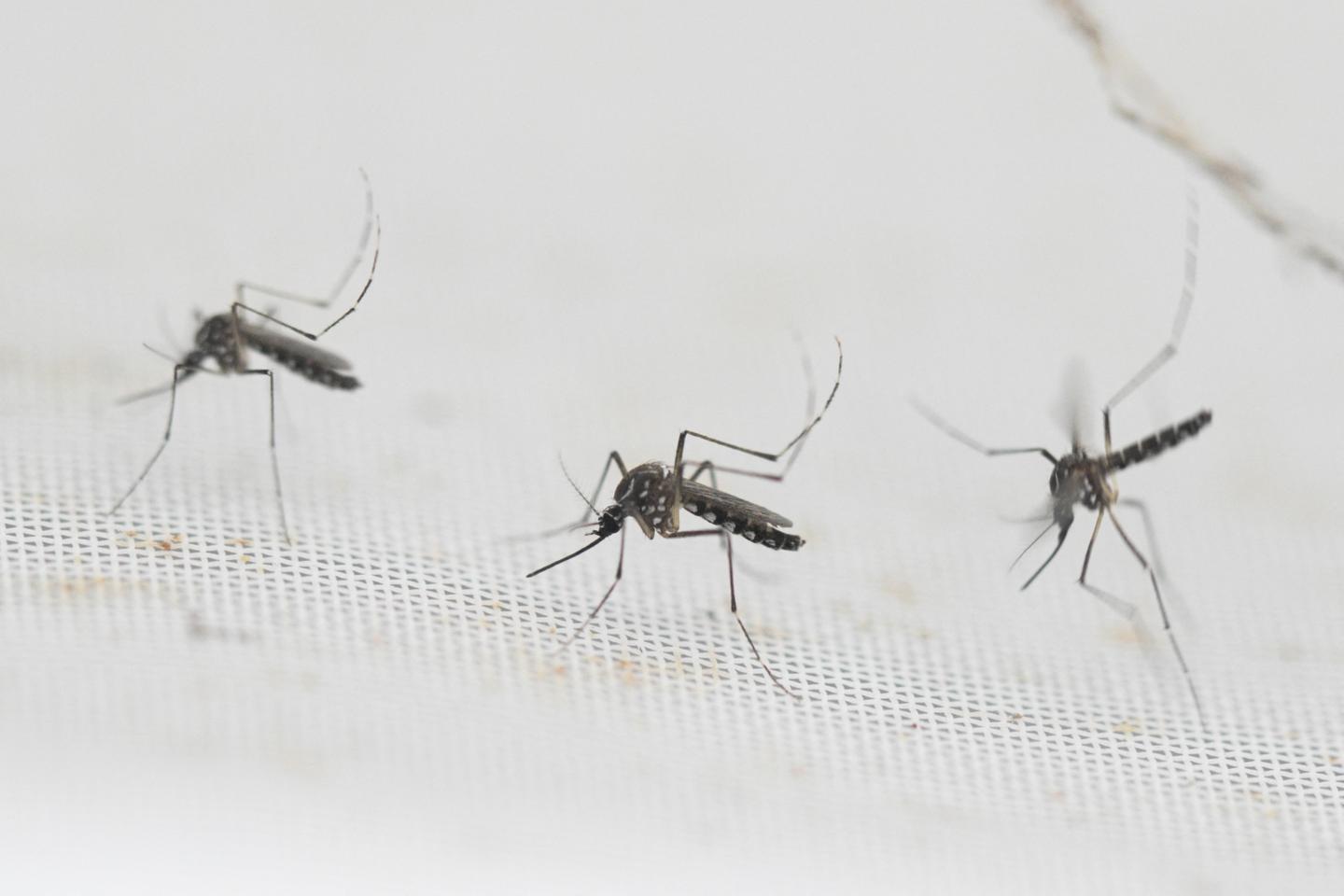


The number of "indigenous" cases of dengue fever in France is skyrocketing. Since May 1, the start of the tiger mosquito's activity period, 78 people have contracted the tropical disease in France, without having traveled to a country where the disease is endemic – known as "imported" cases – according to a French Public Health (SPF) bulletin, published on Wednesday, October 16. These "indigenous" were simply contaminated by the bite of a local mosquito, one which had previously chosen to feast on the blood of someone carrying the disease back from a trip to the French Caribbean territories or abroad. The disease can cause a high fever, often accompanied by headaches, nausea and vomiting, for two to three weeks. It is only fatal in rare cases, though a second infection can increase the risk of a severe case of dengue fever.
While this is not yet an epidemic, it is a record high, since the highest number of indigenous cases (66) had previously been observed over the entire 2023 mosquito season, from May 1 to November 30. "It's still possible to reach 100 cases this year," said Frédéric Simard, a research director at the French National Research Institute for Sustainable Development (IRD), in the southern French city of Montpellier. "Large outbreaks of contaminations could still occur at the end of the season, even if we're in the downward phase of contamination," said the medical entomologist.
Yet are we that far removed from an epidemic in mainland France? According to a report by the French Agency for Food, Environmental and Occupational Health & Safety (ANSES), published in September, the probability of an epidemic occurring in mainland France over the next five years has been estimated at standing between 6 and 7 on a scale ranging from 0 to 9. More than just dengue fever, this estimate concerns all arboviruses diseases, in other words diseases caused by a virus transmitted by arthropods – which in this case is the tiger mosquito, the scientific name of which is Aedes albopictus. Experts are therefore predicting that there could just as likely be a Zika or chikungunya virus epidemic, an indigenous case of which was identified in mid-July, the first time in mainland France.
Localized outbreaks
The question of scale remains to be answered. At present, the situation is still limited to localized outbreaks, in other words "several episodes of indigenous transmission, simultaneous or not, and with no epidemiological link," according to the ANSES typology. Since May 1, 10 outbreaks ranging from one to 25 infected people have been reported, mainly in the south. The biggest outbreak was identified in south-eastern town of La Crau, with 25 people falling ill in the surrounding department in the space of a month, at the height of summer.
You have 68.64% of this article left to read. The rest is for subscribers only.
